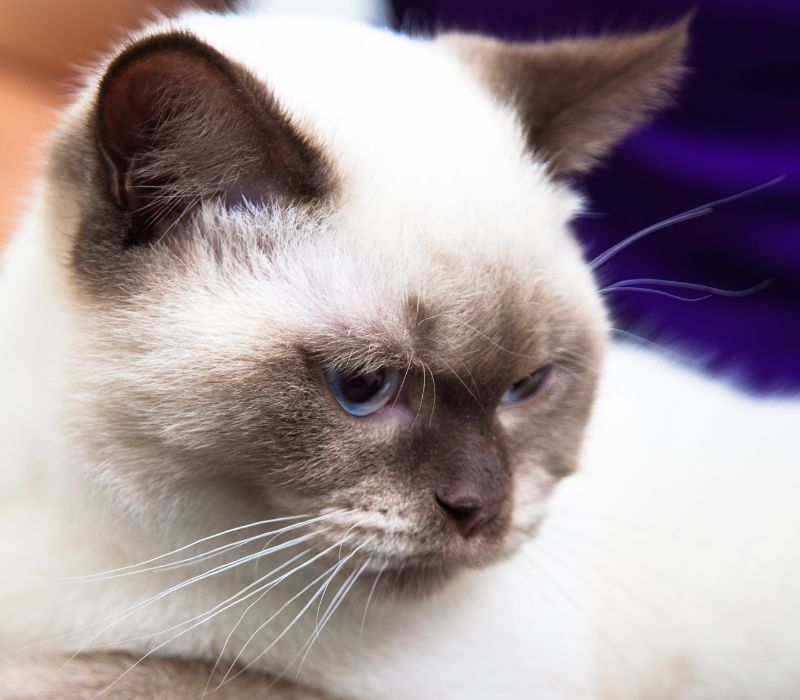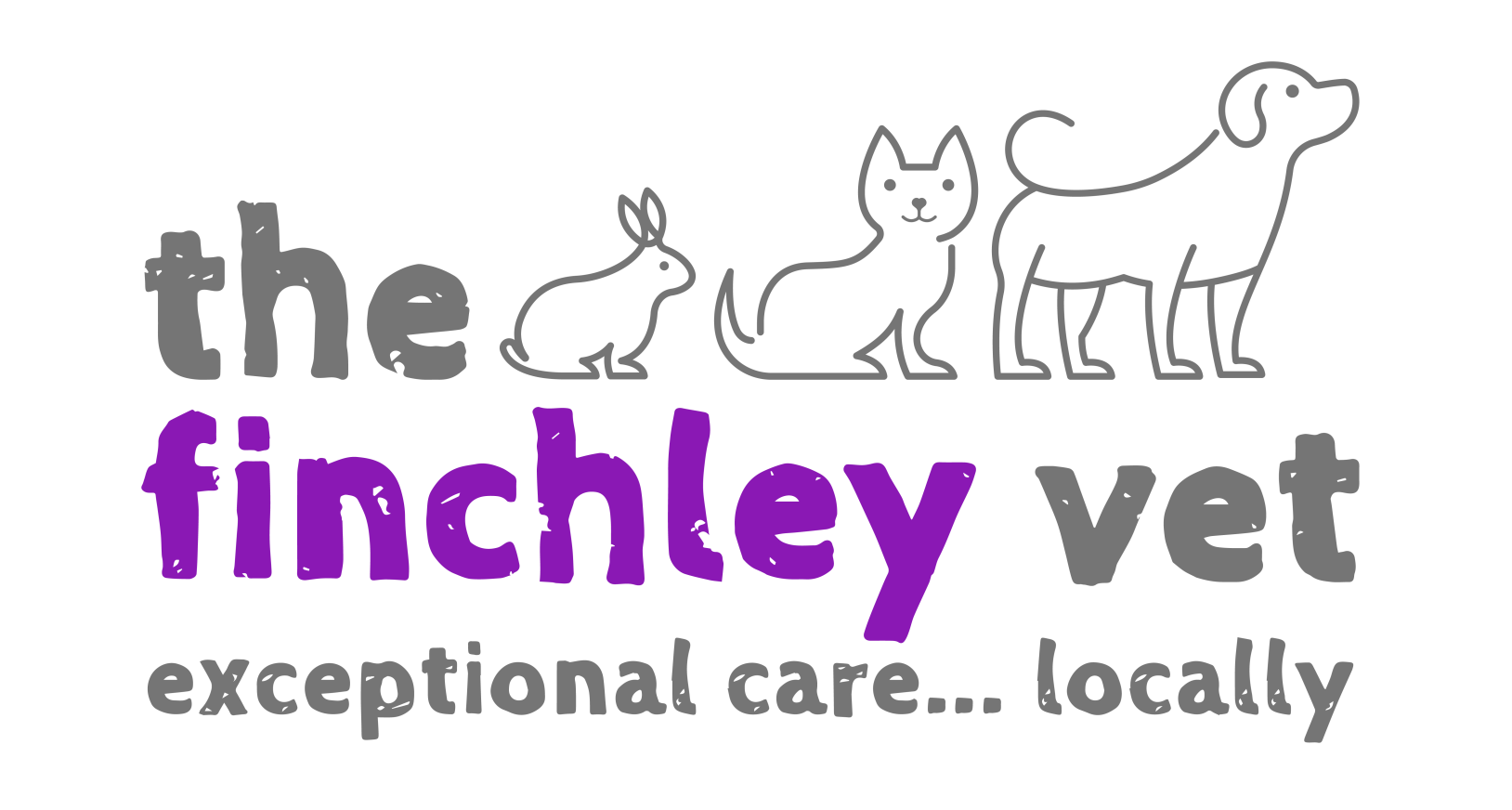Feline Dementia
Cognitive Dysfunction Syndrome (CDS) is an established condition in cats and well supported by scientific research.

Understanding feline dementia
CDS in cats bears many similarities to a very well researched and familiar disease in people; dementia. It is a recognised condition in cats, but currently, scientific data is lacking.
One study has estimated over a third of otherwise healthy cats between 11-21 years old show behavioural changes associated with CDS. We also know that brain pathology has been found in older cats, and that cognitive and motor performance starts to decline from approximately 11 years old.
What are the signs of feline dementia?
In dogs, the acronym DISHA has been developed to summarise the signs of CDS. We can apply this to cats, too:
D: Disorientation: appearing disorientated in an otherwise familiar situation.
I: Interactions: changes in interactions with both other cats and with humans.
S: Sleep-wake cycles: any changes in sleeping patterns.
H: House training: inappropriate household soiling, missing the litter tray.
A: Activity levels: a decrease or increase in activity levels during either day and/or night.
As well as the DISHA signs, cats have also been reported to frequently demonstrate the following signs associated with CDS:
- Excessive vocalisation
- Altered responses to stimuli (less responsive or increased anxiety/irritability)
- Decreased self-hygiene
- Change in appetite
If your cat has demonstrated any of the above signs, it is important to consult your vet. These clinical signs can be associated with many other medical conditions which will need to be ruled out. A diagnosis of CDS is therefore a diagnosis of exclusion.
Is there treatment for feline dementia?
Currently, there is no licensed treatment available for cats, although studies in dogs and data from preliminary studies demonstrate a potential for diet, natural supplements and drug therapy to improve signs and slow the progression of the condition.
- Behavioural Management: The term ‘use it or lose it’ applies to mental stimulation and environmental enrichment to maintain and even improve cognitive function. Again, studies are lacking in cats, but there is strong evidence supporting its application in canine and human medicine. Keep a structured daily routine, encourage positive social interactions by using toys and play, and provide new and varied opportunities for exploration and feeding. There are lots of methods for environmental enrichment and stimulation, and they can significantly improve your cat’s quality of life without the risk of side effects.
- Diet & Supplements: There have been many studies in dogs that show various antioxidants and natural supplements such as fatty acids and l-carnitine improve cognitive dysfunction. There are currently no diets available for cats; however, a range of products containing these antioxidants and supplements are now on the market and may prove beneficial in feline CDS management.
- Drug Therapy: There are anecdotal reports that some drug therapies licensed for use in canine CDS are effective in cats. However, the use of drug therapy will need to be considered in a risk-benefit analysis due to lack of licensed products and the differing metabolisms in cats.
Contact us for any aspect of advice if you are concerned your pet is showing signs of feline dementia.
